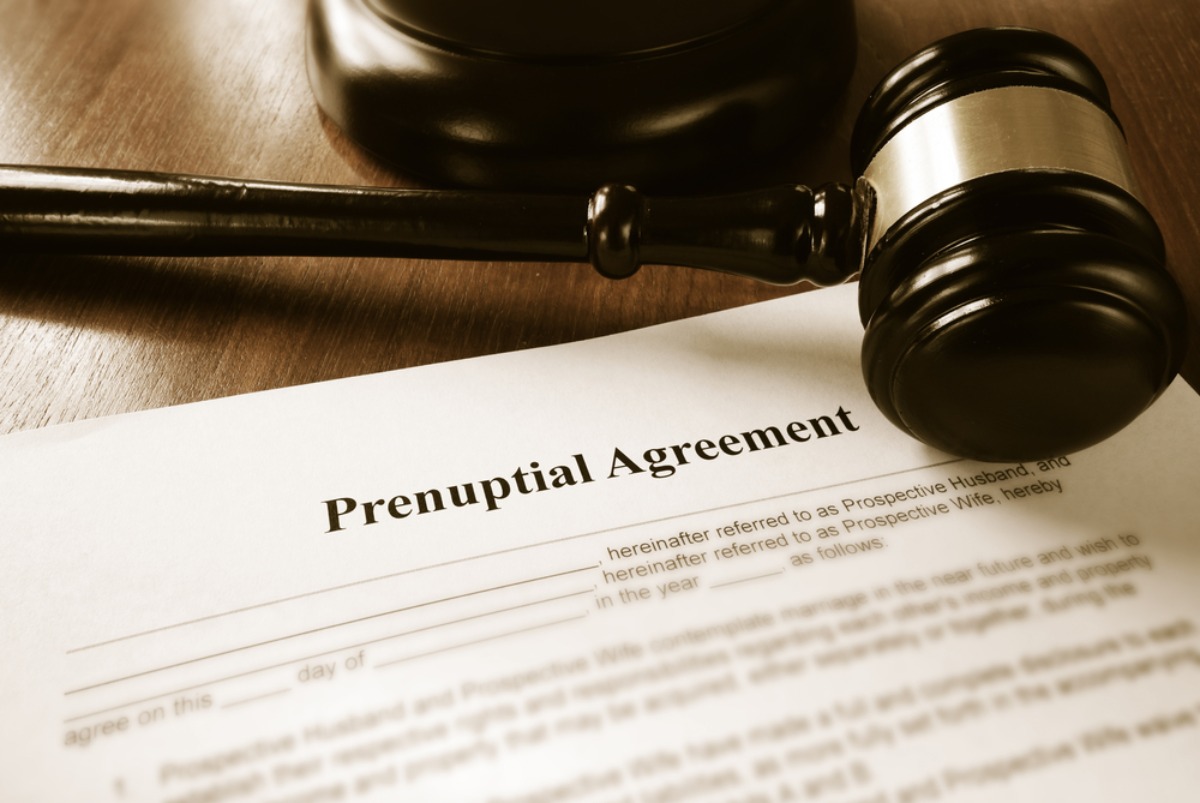DIVORCE
Experienced Divorce Attorneys
Divorce is an emotionally charged and difficult process for everyone involved. From spouses and children to close relatives and even friends, divorce can take its toll. We provide clients with compassionate and experienced legal counsel to help navigate the divorce process towards a brighter future.
Our divorce attorneys listen to client concerns and thoroughly explain all available options to move forward. We go above and beyond to accomplish the best possible outcome through creative solutions, empathetic services, and passionate representation.
What most people call “Divorce” is also known as marriage dissolution.
A dissolution of marriage terminates the legal relationship between a husband and wife. A decree of dissolution is granted by a county or district court when the court finds there has been an irretrievable breakdown of the marriage.
However, the definition of marriage dissolution is deceptively simple considering the complexity of legally separating two lives. Depending on the rights and preferences of the two parties, all facets of the shared lives must be consciously divided or not divided. There is a great deal of gray area and some subtle distinctions that can have a major effect on the lives of the two parties post-dissolution.
Issues to consider when pursuing a divorce include:
- The division of marital property, including real estate, personal effects, investments, and retirement funds
- Child custody, visitation and child support
- Spousal maintenance
- Financial burden of maintaining two households vs. one
- Where both parties will live (Will one spouse move out of state? Will you sell your home?)
What about Prenuptial Agreements?
You may wish to sign a prenup for many reasons. Prenups are primarily used to protect assets acquired or inherited pre-marriage, but they can also protect those acquired or inherited post-marriage. Sometimes, both parties to the prenup have been widowed and want to ensure their respective estates go to children from a previous marriage—and not to their current spouse—if they die or become divorced.
Their guidance reflected wisdom and effectiveness and made a painful time less frightening. I have recommended the firm to clients and friends and each has found their work extremely valuable. I can’t speak highly enough of the work and integrity of these lawyers.S. B.
Our Minnesota Divorce Law Services

Prenuptial Agreements
Signing a prenuptial agreement can have a significant impact on one's future. Although spouses rarely go into marriage expecting a divorce, a prenuptial agreement is something to consider for any couple who will be bringing assets into the marriage. Our prenuptial agreement attorneys can help draft well-written prenups to avoid expensive court battles if the marriage were to dissolve.
Spousal Maintenance
Our Minnesota divorce lawyers vigorously fight for the client's rights and the spousal maintenance award. We advocate for individuals seeking both permanent and temporary spousal maintenance. Additionally, our legal professionals can modify maintenance orders following substantial life changes to ensure fair and equitable awards. Over the years, we've succeeded in representing countless high-asset divorces to win favorable spousal maintenance for our clients.
Legal Separation
Our experienced divorce lawyers have helped dozens of clients obtain a legal separation. A decree of legal separation will not terminate marital status but may be granted if the courts determine that one or both parties require separation. This process can often be more complex than a divorce. We work with clients to achieve a successful separation and peacefully determine crucial decisions such as child custody, property allocation, and anything else needed to move forward.
Child Custody & Support
Child custody can be one of the most challenging aspects of a divorce. It's the court's responsibility to consider the child's best interests when determining child custody and parenting time. Our divorce lawyers offer a longstanding history of success in contested child custody proceedings and child support cases. We advocate for our clients and are committed to the child's best interest.
Handling Domestic Abuse

Individuals or families facing physical harm, sexual assault, or threats of imminent physical harm should seek professional guidance. Contacting the domestic abuse hotline is a courageous first step. M. Sue Wilson Law Offices are here for survivors of domestic abuse to assist in obtaining an Order for Protection (OFP), divorce negotiations, custody, and visitation. We're here to protect our clients and their future.
Why Hire M. Sue Wilson?
For over 40 years, M. Sue Wilson has practiced family law and fought for clients' futures. It's our mission to obtain justice one person at a time. We believe in providing the very best counsel, communication, and results for each and every client.
- We exhaust every avenue to discover a favorable solution
- Nearly all of our cases settle favorably in mediation
- We are accessible Minnesota divorce lawyers
- Our legal professionals have an unmatched passion for justice
NOT SURE WHERE TO START?
WE’RE HERE TO HELP.
Let us know how we can help. Call today: 612-340-1405.
I am a lawyer myself, and I hired the firm because of its well-earned reputation in handling tough cases. I was surprised, however, by Sue’s empathy and support during the divorce G.A.
